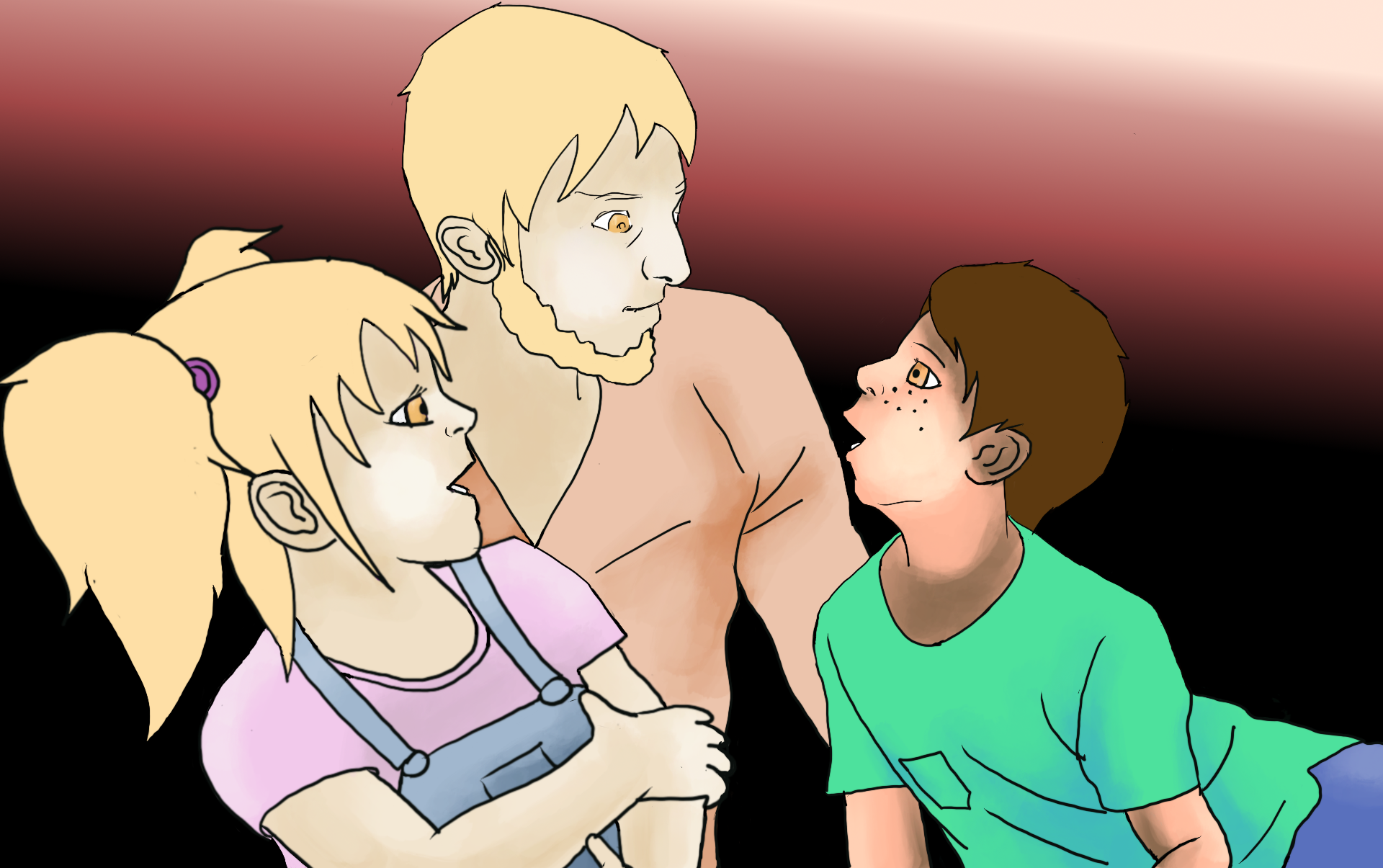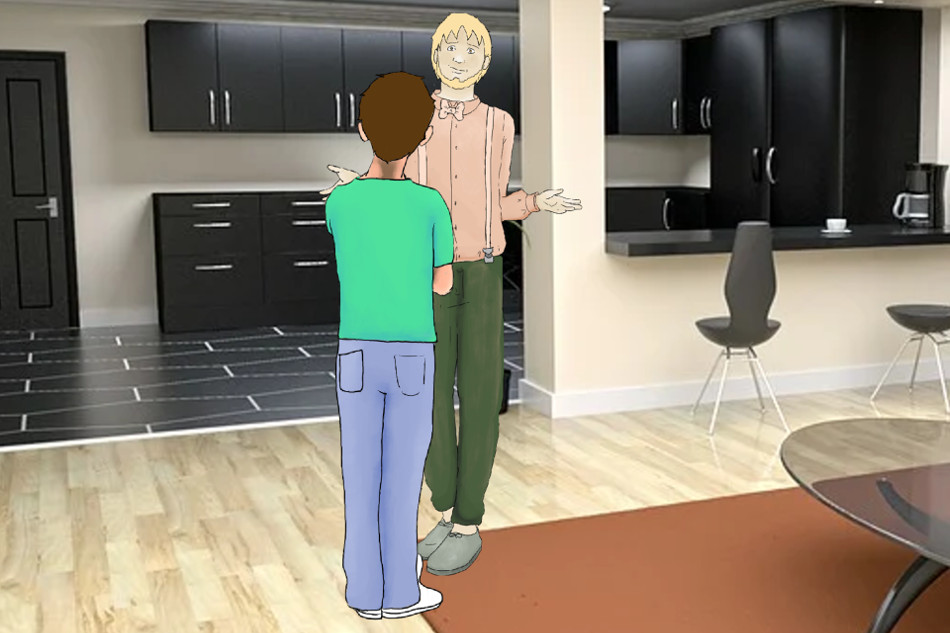
|
 |
 |
|
 |
Words are singularly the most powerful force available to humanity. We can choose to use this force constructively with words of encouragement, or destructively using words of despair. Words have energy and power with the ability to help, to heal, to hinder, to hurt, to harm, to humiliate and to humble, Yehuda Berg
To effectively communicate, we must realize that we are all different in the way we perceive the world and use this understanding as a guide to our communication with others, Tony Robbins
Communication is the flow or exchange of information within people or a group of people. It requires a message (what is communicated), a sender (by whom), a recipient (to whom), a channel (through which medium) and a code (in which form). Let’s see its main characteristics.

The sender is the person who starts the communication, s/he takes the initiative because s/he wants to share his feelings, concerns, opinions, some information, etc.

We also need a receiver, someone who listens (and is willing to listen) to the message being sent.

Such communications are done through a variety of channels or mediums. A channel is how the sender gets his message across. The message can be transmitted verbally or non-verbally, by telephone, email, fax, a messaging app, etc.

Both sender and receiver must share a common code for communication to be successful. A code is a set of rules and conventions that are needed for communication, such as a spoken language (English, Spanish, Chinese, etc.), smoke signals, Morse code, etc.

Communication also occurs in a context. Effective communication is affected by the context in which the message is conveyed as well as the audience to whom we speak.

Effective interpersonal communication can only take place when all these elements work in perfect harmony, so real dialogue faces many challenges. For example, the receiver may not want to listen, he is not interested on the topic or perhaps, he is distracted or very busy. Other problems are related to the environment: noise, distractions, interruptions, etc.
Typically, the sender must adjust his message to the receiver, context, and channel, avoid saying what is untimely, inappropriate or just plain rude, and ensure that it gets across effectively. Communication should be clear and concise.
When words are many, sin is not absent, but he who holds his tongue is wise, Proverbs 10, 19.
Talk low, talk slow and don’t say too much, John Wayne.
It is very important to be aware of our emotional state. For instance, when we are angry or hurt, it is not a good time for communication: If you are patient in one moment of anger, you will escape a hundred days of sorrow.
Our style of communication is decisive. Many problems in communication arise because our style is not appropriate: “It’s not what you say, but how you say it!”

It should be “in tune” with the nature of the audience and the context. We are talking about the receiver’s needs, likes, and preferences which will influence the effectiveness of the message: What does s/he think? How is s/he feeling right now? Is s/he predisposed to communication, or quite the opposite, is s/he distracted or overwhelmed with many chores? What is her/his knowledge or experience on the topic?
It is essential to understand the receiver and deliver our message in a way that suits him/her at the right moment in the right place when s/he is receptive.
How do we communicate effectively? There are many things that should be taken into account: Always begin your communication with a friendly greeting, a smile, and a positive attitude; listen actively, after all, dialogue is a two-way process or communication between people who hold differing views on a subject; be grateful and kind (“I want to thank you for giving me the opportunity to meet with you and discuss…”); it is about having empathy, a sense of humour, and being sensitive towards others’ emotions and feelings. It is about fostering constructive dialogue that focuses on how “we” can work to solve the problem and move forwards together.